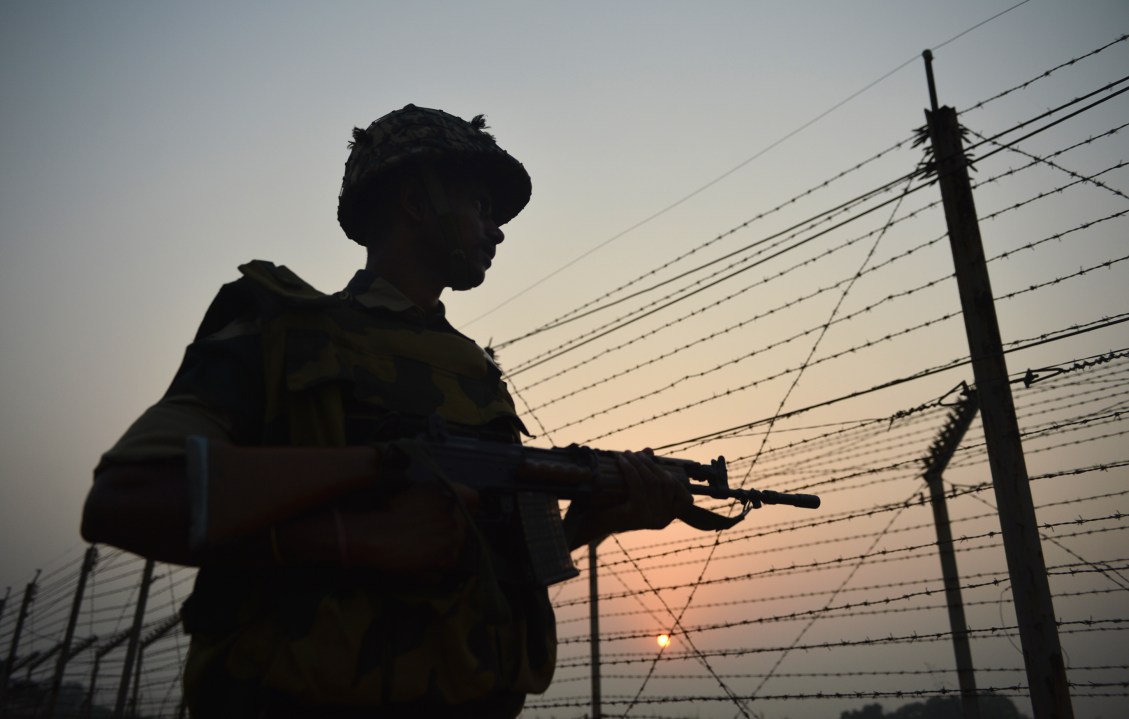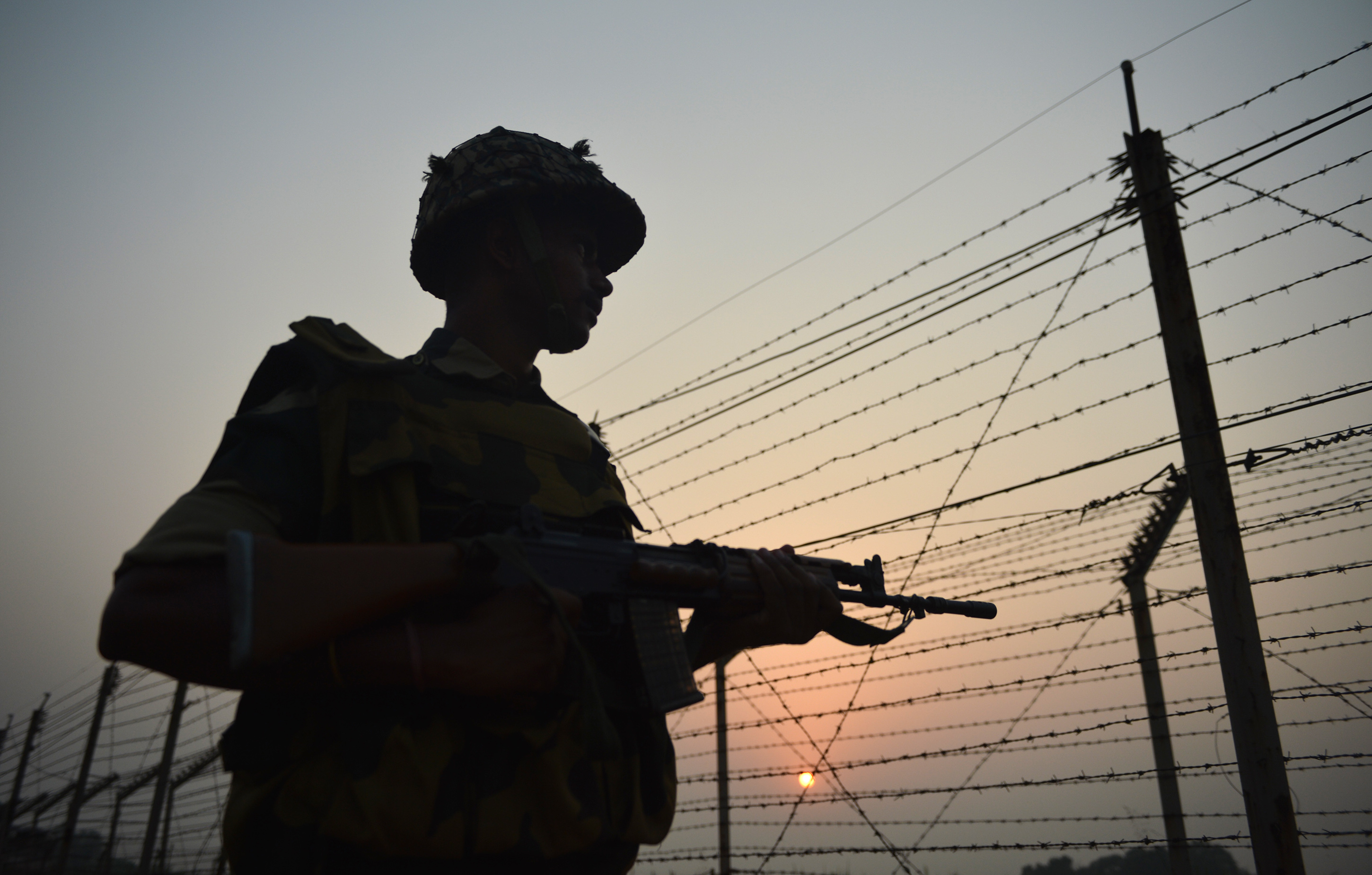On August 14-15 1947, after a few hundred years in India the British left behind the jewel in the crown of Empire. The Raj abruptly ended, but the struggle for India’s freedom came at a price. The creation of the Islamic state of Pakistan, carved from undivided India or partition, as it became known, resulted in one of the greatest convulsions in human history.
Millions of Muslims from Hindu-majority India proceeded towards Muslim-majority Pakistan, while Sikhs and Hindus made the opposing journey. Viceroy Mountbatten’s hasty transfer of power – a 72-day plan brought forward by 10 months unleashed an unbridled orgy of bloodletting between Muslims on one side, Hindus and Sikhs on the other. Partition is undoubtedly a paradoxical juncture in the subcontinent’s history – the trauma and turmoil of schism, juxtaposed to celebration of freedom from imperial rule.
Leaders of the Indian National Congress, who spearheaded the ‘Quit India’ anti-colonial movement, were divided on the question of partition.

Get Britain's best politics newsletters
Register to get The Spectator's insight and opinion straight to your inbox. You can then read two free articles each week.
Already a subscriber? Log in








Comments
Join the debate for just $5 for 3 months
Be part of the conversation with other Spectator readers by getting your first three months for $5.
UNLOCK ACCESS Just $5 for 3 monthsAlready a subscriber? Log in